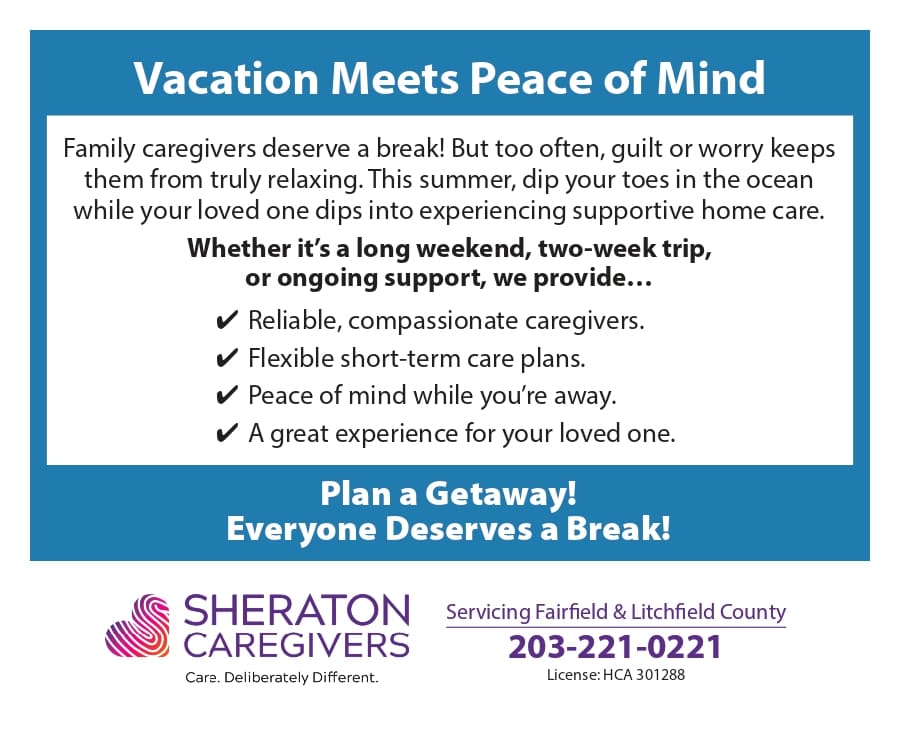TLDR
This article explores how vital support home care services provide essential relief to family caregivers, allowing them to enjoy a stress-free summer break. We’ll define and discuss the importance of home care, analyze its benefits and challenges, offer practical strategies, and highlight how caregivers can confidently relax, knowing their loved ones are safe and supported.
Introduction
Family caregivers often hesitate to take time off, battling guilt or anxiety about leaving loved ones behind. However, home care makes it possible to dip your toes in the ocean this summer, knowing your loved one is simultaneously dipping into compassionate and professional home care services.
What Exactly Is Vital Support Home Care?
This type of home care refers to personalized assistance provided to individuals, typically seniors or those with disabilities, within the comfort of their own homes. According to the National Institute on Aging, home care services encompass everything from personal care (bathing, dressing, feeding) to household tasks and companionship.
Why Is Home Care Essential Today?
As America’s aging population grows rapidly, more families find themselves in caregiving roles. The Family Caregiver Alliance reports that approximately 53 million Americans provide unpaid care, often facing emotional, physical, and financial strain. Vital support home care services significantly relieve these pressures by offering professional, reliable assistance.
Exploring Vital Support Home Care: Advantages and Challenges:
Types of Vital Support Home Care Services Available:
- Personal Care: Assistance with bathing, grooming, medication management, and mobility.
- Household Help: Meal preparation, housekeeping, laundry, and grocery shopping.
- Companionship and Socialization: Activities, emotional support, and transportation to social events.
- Skilled Nursing: Professional medical care, wound dressing, medication administration, and health monitoring.
These services are widely accessible across the United States, offered by trusted providers such as Sheraton Care and other reputable agencies.
Benefits vs. Challenges: Pros:
- Reduced Caregiver Stress: According to a report by the AARP, caregivers using home care services report significantly lower stress and improved mental health.
- Enhanced Quality of Life: Seniors remain in familiar surroundings, maintaining comfort and dignity.
- Professional and Consistent Care: Home care services provide trained caregivers, ensuring loved ones’ health and safety.
Cons:
- Emotional Guilt: Caregivers may initially feel guilty for stepping away.
- Financial Cost: Professional home care services can be costly.
- Trust and Adjustment Issues: Families may struggle initially to trust new caregivers.
Practical Solutions to Home Care Challenges:
- Managing Guilt: Remember, self-care is essential to maintain long-term caregiving effectiveness. Use support networks like caregiver support groups to discuss feelings openly.
- Financial Assistance: Explore resources such as Medicare, Medicaid, and veterans’ programs that help subsidize home care costs.
- Building Trust: Conduct thorough research, use reputable agencies, read reviews, and perform caregiver interviews to find the perfect match.
Vital support home care offers caregivers the essential opportunity to recharge, especially during summer when relaxation is at its peak. It not only assures that loved ones receive attentive care but significantly improves caregivers’ mental and emotional well-being. Companies like Sheraton Care are dedicated to ensuring your loved ones are safe, secure, and comfortable, so you can confidently take that well-deserved break. Remember, prioritizing your own well-being through vital support home care makes you a stronger caregiver in the long run.



